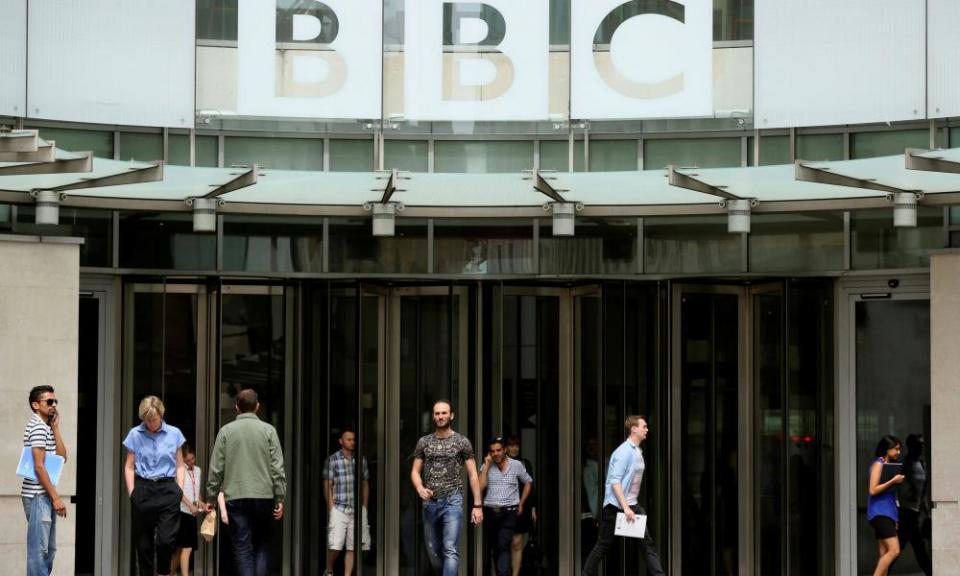The Guardian view on the BBC: more than good value

Since its foundation in 1922, the BBC has had powerful enemies, usually commercial rivals, who think that it is “too bloody big, too bloody pervasive and too bloody powerful”, to quote the former Daily Mail editor Paul Dacre, still reportedly in the running to be made chair of the media regulator Ofcom. But since 1986, when the Peacock report ushered in a move from regulation to competition in broadcasting, this claim has been less and less true. The more competitors the BBC has, the less market share it has, and the less “universal” it risks becoming; in turn, the weaker becomes the argument for the licence fee. It is an ever-tightening circle, quite convenient for the BBC’s enemies. The success of streaming services such as Netflix – which this week announced that it has topped 204 million subscribers – has heightened the problem, though the BBC remains comfortably the most used media brand in the UK.
Last week, a National Audit Office report cast stark light on the BBC’s difficulties. Interestingly, 80% of 16- to 24-year-olds do use the BBC – but almost half of them do not watch BBC TV channels on a weekly basis. And the most damaging recent enemy of the BBC turns out to have been the former chancellor George Osborne, whose insistence in 2015 that the BBC take on the cost of licence fees for the over-75s (an expense previously borne by the government) is significantly harming the corporation’s income. The BBC, after a public consultation, has begun charging those over-75s who are not on pension credit, but it is still unclear how much this will recoup compared with the £745m it would have received had Mr Osborne not taken that drastic step. Between 2017-18 and 2019-20, licence fee income declined by £310m.
It is not yet clear whether the government intends to pursue a radical or more stealthy approach to tackling what are, on the right, perceived as the corporation’s faults. Nor is it clear what tack Tim Davie, its director general, and Richard Sharp, its new chairman, will take as they begin negotiations with the government on the level of the licence fee after 2022, and approach the midterm review of its charter.
The BBC tends to argue for itself based on the quality of its output and value for money. Both are good arguments. Netflix, which costs £5.99 to £13.99 a month, offers a fraction of the benefits of the BBC licence fee at £13.12 a month, with its news, drama, entertainment, national and local radio, orchestras, website, podcasts et al. But these are not sufficient arguments. The BBC needs to put forward a stronger case for itself as a public utility, as a crucial part of Britain’s civic infrastructure – as necessary to the functioning of the UK’s democracy as the courts, the NHS, or the army. The speed with which it provided educational materials as the nations closed their schools earlier this month is a good example of the BBC’s public-service role. In this fragile age, it is vital in countering disinformation.
To do this properly, of course, it needs to be trusted, and to be trusted it needs not only to be impartial but to behave like a decent, sober-minded public service, which it has not always succeeded in doing in the past. That means, among other things, no outrageous deals for stars or executives, and no gross inequalities in gender pay. Whether Mr Davie, the former head of BBC Studios who once stood as a Tory councillor, and Mr Sharp, the former Goldman Sachs banker and Tory donor, have the stomach for such arguments remains to be seen.

 Yahoo Finance
Yahoo Finance 